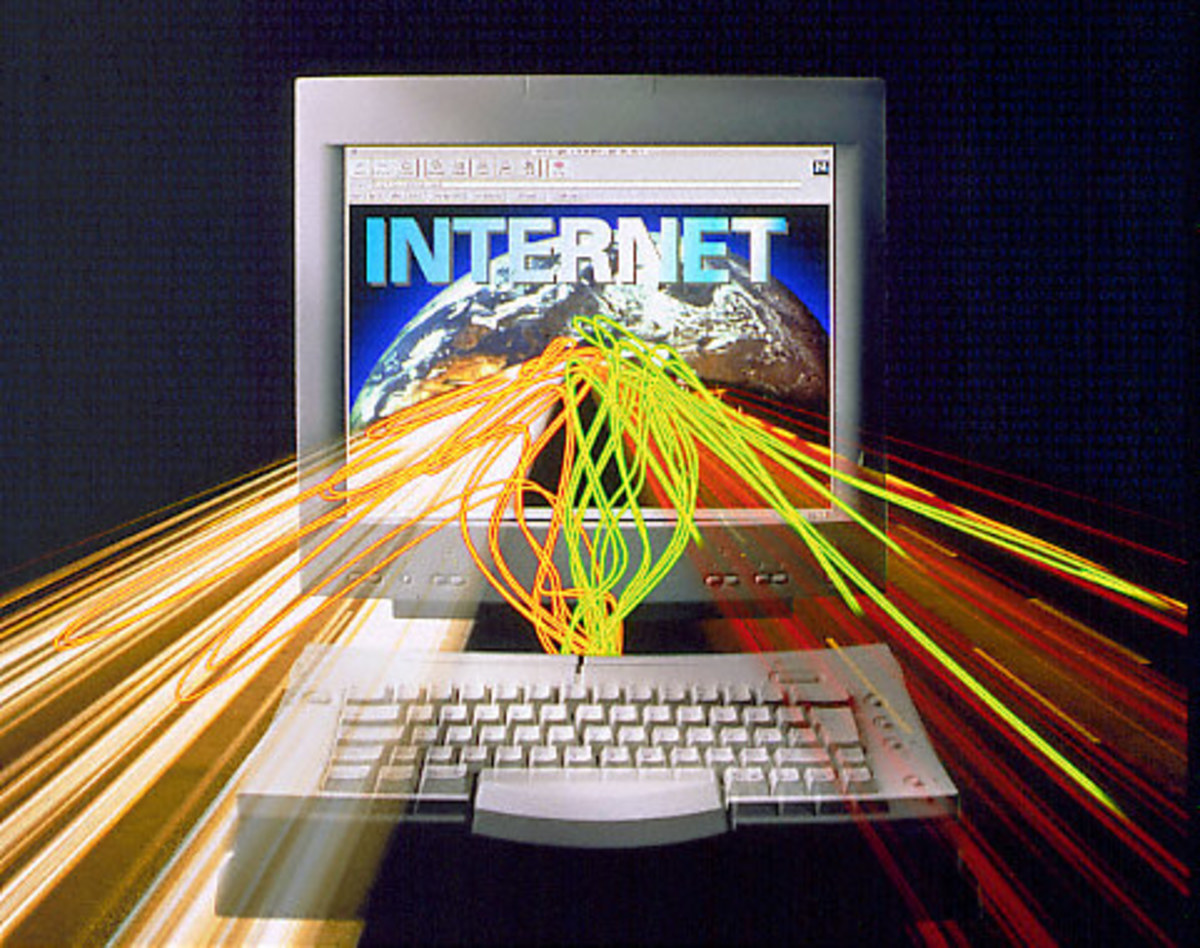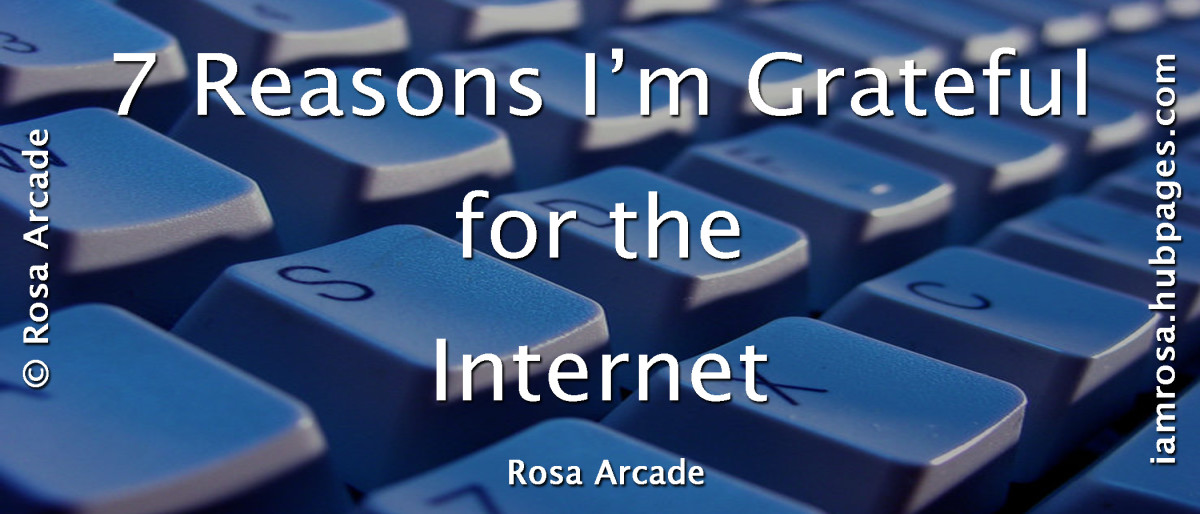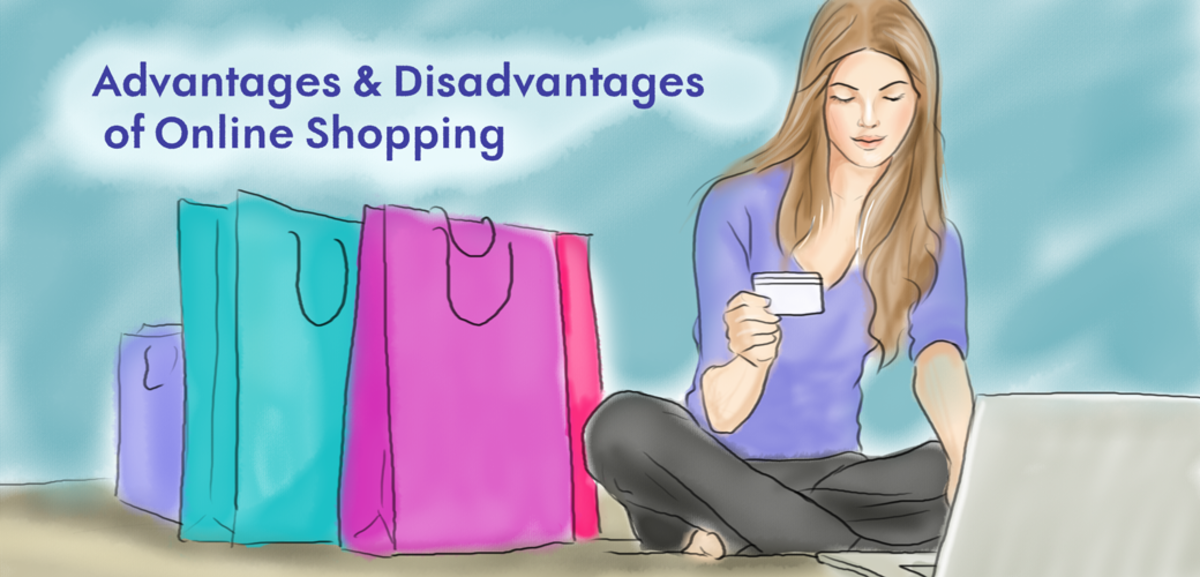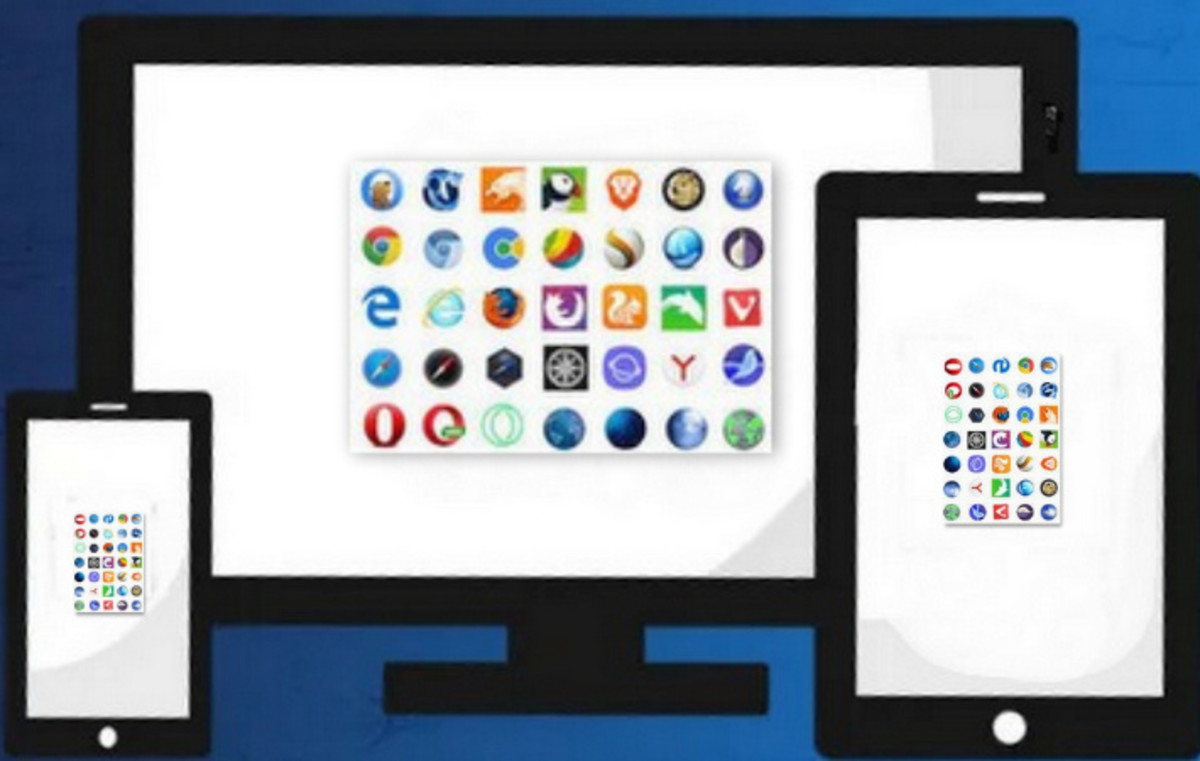6 ways the Internet has changed society
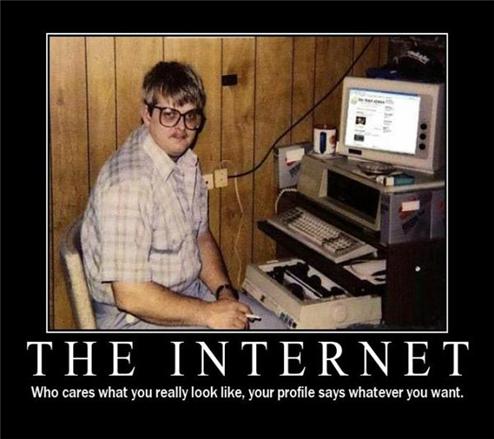
It’s undoubtable that the internet has made a huge impact on society as a whole. It has shaped our lives so rapidly and so effectively that many of us can’t even imagine life without it anymore. Literally; there is a growing generation of kids (such as myself) who have known the internet their whole lives. To not have it there would be as suddenly and as largely disjointing as if the world were to stop having electricity all together. Or the thing against which all new great things are measured, sliced bread. We just couldn’t function without it. And while I could go on and on about all the ways the internet has affected our lives, let’s just take a look at 6.
1. Communication
Before the internet, communication was done in 3 ways; face to face, written correspondence and through phone. Before mobiles there were landline telephones, and before that were telegrams and snail mail letters. Sending letters has to be one of the oldest institutions our society has (other than prostitution, obviously). Letters have been sent as far back to (and most likely far beyond) biblical times, if the ‘Letters to the Corinthians’ means anything. Yet now we have a myriad of other ways to communicate: email, text, instant message, facebook comment/reply/message, forum posts, video chat, ‘face time’ etc the list goes on. In fact, with technologies such as video chat and ‘face time’, we’re almost replacing face-to-face conversations completely. Not that any technology will ever replace the experience of sitting down with someone in a cafe, lounge or bar and having a free, unmodulated face-to-face, voice-to-voice heart-to-heart, but I’m sure the engineers and tech geeks will keep trying. And all this wouldn’t be possible without the internet and the way it can allow for communication from the farthest corners of the planet, for only the cost of your monthly data package. New internet-based apps for smartphones are even replacing traditional text messaging for a fraction of the cost. Predictions state that telecommunications will one day be conducted entirely over the internet, with current companies reduced to selling mobile data packs, as opposed to so many free minutes when you pay $39 a month. The internet is the way of the future for communication, and the future starts now.
2. Research
It used to be that you’d get an assignment from school/university/your study-mad parent, and you’d trot off to the library to borrow a book to do your research. Why do that now when you’re one google-search away from all the information on the topic you’d ever need? Wikipedia is arguably the greatest resource for any topic imaginable; everything from celebrities to osmosis, it’s there, just a few clicks away, and so wonderfully organised and formatted, you can’t help but want to learn. Your teacher won’t let you reference Wikipedia? No worries, the internet has plenty of other sources too. I just recently completed a bachelor of science, and my first port of call for any assignment was a search engine called “Web of Science”. If you’re part of a university, you’re given access to just about every scientific journal published in the last 300 years or so. Many of which were published on the other side of the world, which physical hard copies would definitely never be found in our modest Uni library’s catalogue. But the ability to digitally store and share these publications has changed the way students (science students, at least) do their homework and learn their fields forever.
3. Reading
Now, obviously if you’re reading this article, you’re familiar with reading things on the internet. But it’s not just articles, essays, news pieces and tabloids that have made the jump into the digital age. Books are here too. You’re probably already familiar with the concept of an eBook, where you can download (often for free or just a couple of dollars) thousands of books onto a single e-reader, giving you the portability of a thin novel with the content of an entire library. While many book aficionados’ will never give up the feel of turning pages or the weight or smell of a real book, it’s hard to argue against having the entirety of Austen’s works AND Shakespeares’ AND all the Dan Brown novels all in the one convenient device and for just a handful of dollars (depending on where you download). The only downside being that if you get your e-reader wet, you’re going to need more than a hairdryer to fix it.
4. Assholes
Sure, assholes have existed long before the internet. But most of them were suppressed by senses of decency and of not wanting to be found out. But the internet has given assholes one crucial thing that has allowed them to thrive; anonymity. Without the fear of being caught, even the most mild sales clerk is expressing horrifying racial slurs under the name “Cockmuncher2000” on websites such as youtube. Which leads us to the greatest group of assholes, the Trolls. An internet troll will typically fling tirades of hate-speeches and insults to simply garner a reaction from people. If you’re a frequent internet person, you’ve probably come across them many a time before. Trolls do exist in the real world. On radio, they’re called Shock-Jocks. On TV they’re called Kyle Sandilands. Or “insert name of that mean judge on Idol/X-factor/whatever talent reality show”. These people are paid to say controversial and inflammatory things to help ratings. Otherwise these “reality” shows would simply be mind-numblingly boring. The difference between a troll on the internet and one in real life though is that the trolls of the internet aren’t paid to do what they do; they do it for kicks. Is this perhaps some-sort of sign of serious mental illness? Perhaps. Not that many of them could probably afford psychiatric help anyway. Without the internet, our lives would probably be a bit more asshole-free. But nothing is perfect. You can’t have all that free porn without some jerk telling dead baby jokes in the corner. Gotta take the rasins with the chocolate chips in the trail-mix.
5. Shopping
One of the greatest pastimes in this materialistic society; spending money on things. With a continual rise in internet shopping, real stores are continuing to lose business. How do we know this? Because there’s a news report bitching about it every holiday season. It’s amazing what qualifies are news these days. Aren’t there people dying in Africa?
Anyway, increasing numbers of people are drawn by the sheer convenience of online shopping. You no longer have to get up, put on some half-decent clothes, get in your car/catch the bus, walk all around the mall and deal with pushy sales staff. Now you can stay in bed, with your cat-printed onsie, open your laptop and bam, access to thousands of online stores from around the world, that will often ship for free or for a reasonable price. Sure, you can’t try on things before you buy, but if you evaluate it’s less effort, you can always sent back non-fitting products for most websites and exchange it for a size that will fit. The prices are often more compedative too, meaning you get to stay in bed AND save money. And who doesn’t love that? Grocery stores are even starting to offer online ordering AND to-your-door delivery. Now that’s living. And online shopping is helping out one of the other victims of the online domination; post offices. Where there is a significant lack in letters and bills being delivered, the increase in parcel delivery speaks for itself. Because you can’t get those red Jimmy Choo shoes via email. Yet. Although when they invent teleportation, all bets are off.
6. Dating
If you’re over the age of 35 and married, how did you meet your partner? Or if you’re of the Y generation, how did your parents and grandparents meet? Chances are the answers will be; in a club/bar, through mutual friends, at work/school, via mail-order bride, or a combination of those. These days a new foreground for singles to mingle is rapidly evolving; online dating. It’s human nature, really; where there is communication, there’s gonna be flirting. And now you can flirt with hot women in Ecuador from the comfort of your living room. The internet makes long-distance relationships a little more fathomable (meaning here that lonely teens are waiting a few weeks longer before hopping into bed with someone else after their partner moves away). Even the socially-shy internet nerd now has hope in finding someone perfect for them. Some people have even build entire virtual lives, set with virtual partners, and living that way, as opposed to the traditional method. However, it’s not all entirely unrealistic. A vast number of online dating sites offer local hook ups, helping people to search and connect with those in their area/city. It takes the guesswork out of searching for that someone special, but listing their likes, dislikes, beliefs, hobbies and marital status all there next to a picture. Because small talk is for chumps, right?
Websites such as eHarmony boast methods which will make matches based on scientifically calculated compatibility, with an apparently high success rate of marriages. In 2009, approximately 17% of married couples claim to have met online, and it’s a growing trend. Much like online shopping, people can now browse through profiles and choose to connect with only those who they deem worthy. While most people prefer to meet their future partner the traditional way, those who tire of the dating pool or those who feel like they never meet new people now have a new option.
And it’s not just for serious relationships. Many sites boast connections casual hook ups (for singles and couples), making extra-marital relationships far easier than trying to organise a swingers party with that awkward but attractive couple next door.
As we can see, the internet has certainly changed the way much of society functions, even replacing some aspects. And I haven’t even talked about Facebook. That itself is a whole article. But for now, I leave you with the prophetic words of Bill Gates: “The Internet is becoming the town square for the global village of tomorrow”.

